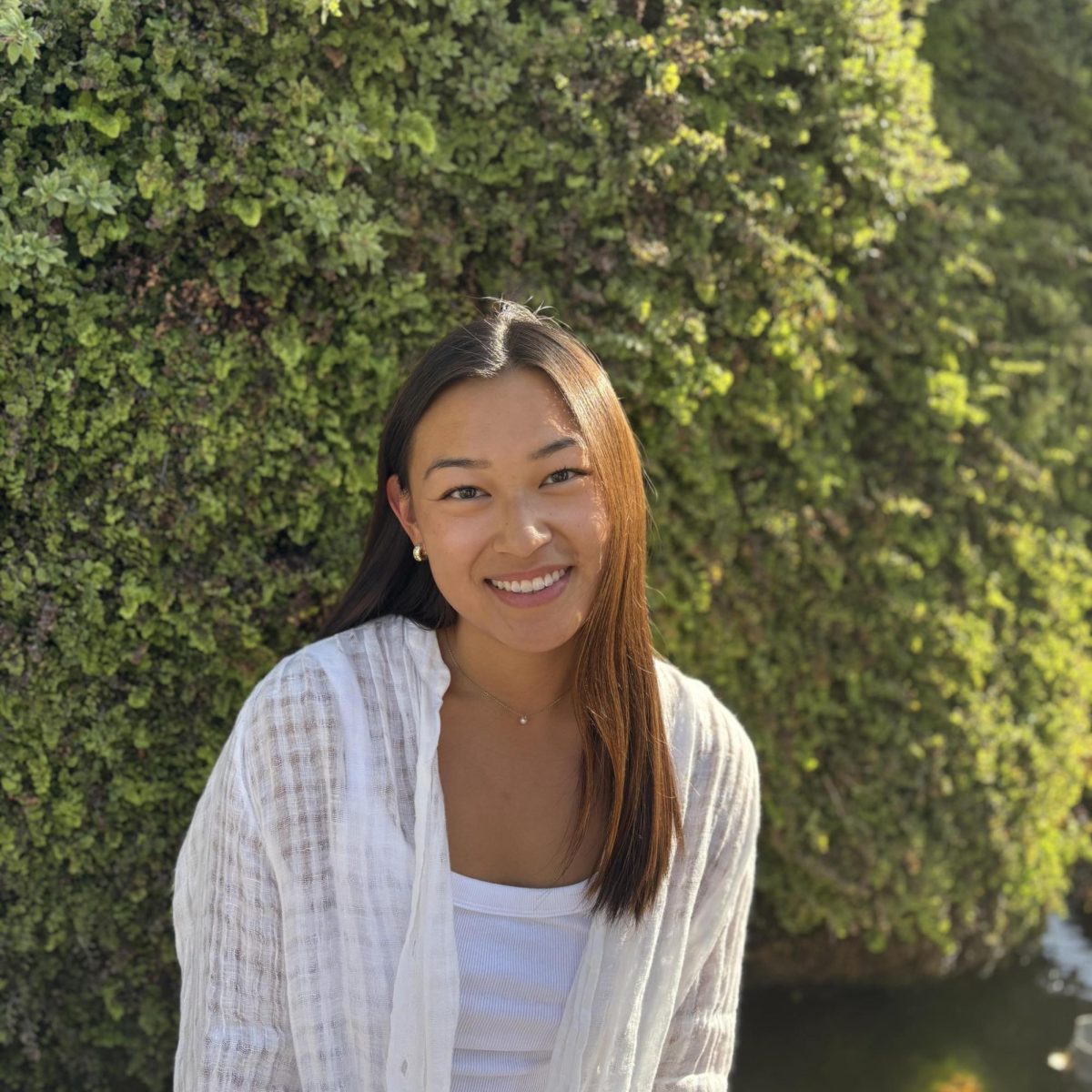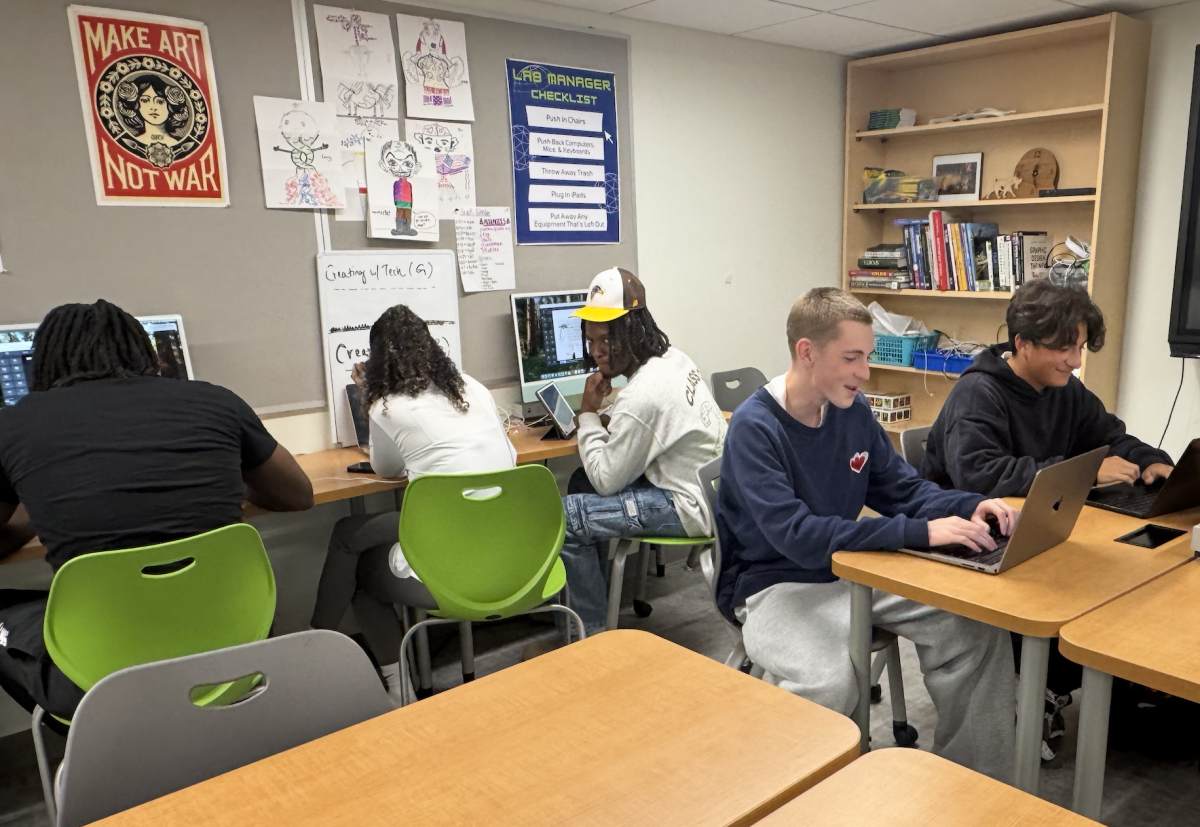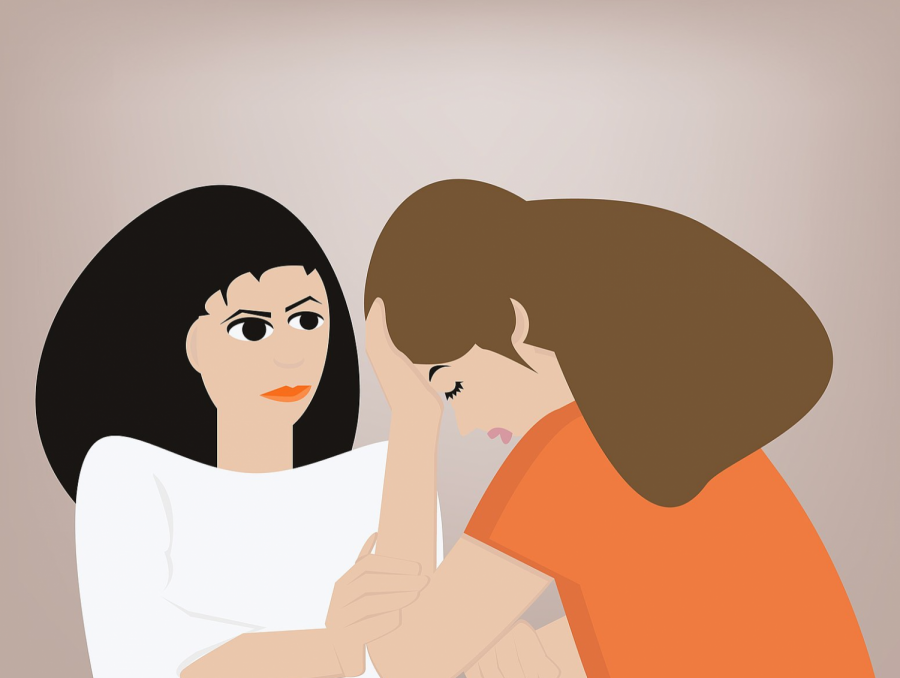Student Government to Implement Peer Support Program in Fourth Quarter
Early this year, 10th grade Student Government representatives Rosie Taranta ‘23 and Sofia Parravicini ‘23 realized that the programming and conversation around students’ mental health at Friends Select were simply not cutting it. After brainstorming, an “idea came very naturally for both of us,” says Rosie. “We realized we wanted some serious change and to be able to help out peers around us,” she adds.
The idea they produced was the framework for what is now called the Peer Support Program. The idea was brought to Student Government, where the program began to take shape. They wanted some kind of support for students that was not coming just from adults and focused more on support within the student body. Rosie adds, “one of our main goals is to really let the students take charge. It’s very hard to open up about mental health, but we want this to be the start of an ongoing discussion at FSS.” Sofia clarifies that this is not intended to be a group of student therapists or professionals, but rather a panel of support mentors who can help their peers.
“The Peer Support Program is a student-led service… [for people] who want to vent, talk a personal issue out, or simply get something off their chest, says Peter Ryan ‘21, who hopes that the program will normalize vulnerability and seeking help. “ [Rosie and Sofia] did a fantastic job leading this project through various stages. They took initiative in refining the idea, pitching it to the school, and rallying support among their peers,” he adds.
After numerous meetings with School Psychologist Natan Gottesman and Middle and Upper School Counselor Gabby Witkin, a Student Government committee began to assemble a group of around 20 students to attend a series of deep listening trainings through the Stanley King Institute and in partnership with The Masters School in New York.
These trained students will post their contact information on a Canvas page where other students can see which support mentor is available at what time. Students can then pick a time to chat with a mentor they feel most comfortable with. This page will become available early in the fourth quarter.
“For the future, we would really like to see that the school take advantage of what we’ve now started and make sure that it is a part of our school and not something that is short-lived,” adds Sofia.
Rosie also stresses the importance of confidentiality and safety while rolling out the panel. She emphasizes that students may be going through tough personal issues, and promises to take their stories seriously. “We want to stress that if you or anyone you know is in danger, you must talk to an adult because none of us are qualified to deal with issues as serious as that,” she adds. Please contact Natan or Gabby in an emergency.
Ian Lamont ‘22, another student who was heavily involved with the creation of this program, summarizes: “I understand there will most likely be a very slow start, so if this year we can get a handful of people to even consider trying this program for one session, that’s a success. I personally hope that this starts a larger conversation about mental health in the community.”





























